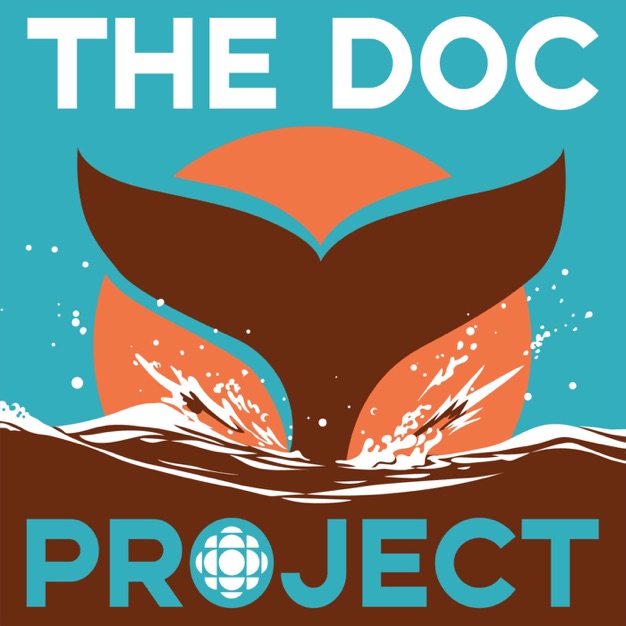
The Doc Project
CBC Radio
High-stakes storytelling at its most artful and human — radio documentary on the next level. Stories lived, stories told.
- 26 minutes 42 secondsA mom’s mission to stop her daughter’s drug dealer
In Vancouver's Lower Mainland, a dealer known only as "Jay" sold drugs to teens, making drop-offs right next to their high schools and homes, offering free "goodie bags" of Xanax and other drugs.
When Julie Nystrom discovered her 17-year-old daughter was hooked on counterfeit pills from Jay, she went to the police. The cops told her that they needed names, details, so she decided to take matters into her own hands and hired a private investigator.
On this episode of Storylines, the documentary Everybody Loves Jay, which tells the story about the lengths one mother went to protect her daughter from a drug dealer.
Produced by Enza Uda and Joan Webber / originally aired on The Current.
Storylines is part of the CBC Audio Doc Unit
18 January 2025, 12:10 pm - 26 minutes 48 secondsCan solar geoengineering fix the climate?
In an empty parking lot somewhere in northern California, Andrew Song and Luke Iseman inflate a balloon the size of a small car, full of sulfur dioxide. They will then launch the balloon high up into the stratosphere where it will pop, releasing its sulfur dioxide contents.
Song and Iseman are the co-founders of Make Sunsets, a geoengineering startup that sells cooling credits. For a price, you can purchase a bit of the sulfur dioxide they’re pumping into these balloons and launching into the stratosphere, with the belief it will offset the warming effects of CO2.
Because if you send enough sulfur dioxide into the stratosphere --- we’re talking a million tonnes a year --- it’ll significantly cool our warming planet. But the idea raises scores of complicated scientific and moral dilemmas.
In this documentary, John Chipman goes to California to learn about the potential risks and benefits of solar geoengineering.
Reported and produced by John Chipman, with assistance from Joan Webber and Catherine Rolfsen. Mixed by Michelle Parise . It originally aired on What on Earth.
Storylines is part of the CBC Audio Doc Unit
10 January 2025, 9:10 pm - 27 minutes 9 secondsHockey for All
Despite being our national sport, and that most Canadians agree it should be for everyone, hockey remains surprisingly exclusive, especially when it comes to ice time. For some, the barriers to access the game are significant, and the sport can feel unwelcoming.
In his documentary, “Hockey for All,” CBC journalist Douglas Gelevan uncovers how the complex system of ice time allocation often favours elite male players, while pushing others to the margins.
Reported by Douglas Gelevan and produced by Michelle Parise / originally aired on The Current
5 January 2025, 1:10 pm - 32 minutes 33 secondsA Woman of No Consequence
Sethu Ramaswamy grew up in a cultured Indian family and it rubbed off on her. She loved books and ideas. By the age of 10 Sethu had read all of Charles Dickens’ novels, but her emerging interest in books and ideas would have to be put on hold.
When she was the same age, she was forced to leave school, get married, and become a mother at 15. As an adult, she raised a family and for the most part, lived in the shadow of her husband — who was a successful journalist in India.
But that wasn’t the end of her story. When she was 80-years-old a new chapter in her life opened up. She wrote a book called Autobiography of an Unknown Indian Woman, and it was met with fanfare and acclaim in India. It told the story of a child bride whose husband was both her true love and her captor. On this week’s episode, Sarmish Subramanian brings us the story of her remarkable grandmother.
Produced by Sarmishta Subramanian and story edited by Karen Levine. The doc originally aired on The Sunday Edition in 2009.
Storylines is part of the CBC Audio Doc Unit
28 December 2024, 1:10 pm - 26 minutes 21 secondsOne Word
Every day, in Hamburg, Germany, Annette Venebrügge wakes up to a single word emailed from her friend Tina Oehmsen-Clark in Toronto. And every evening, she sends one back. No sentences, no stories — just one carefully chosen word, and always in German. What started as a simple pandemic project between two art school friends has grown into an archive of over 3,000 words.
In her documentary "One Word," CBC producer Alisa Siegel explores how this linguistic game has transformed a friendship one word at a time. The game is part time capsule, part diary and part art project. Because as Annette says, each word makes her a witness to her friend's existence.
Produced by Alisa Siegel and story edited by Joan Webber / originally aired on The Current.
Storylines is part of the CBC Audio Doc Unit
20 December 2024, 9:10 pm - 27 minutes 41 secondsHow forced drug treatment works in Washington state and what Canada could learn from it
In Washington state, a law known as Ricky’s Law, allows authorities to force people with addiction into treatment. The law is named after Ricky Garcia, whose struggles with drugs and alcohol inspired him and his friend Lauren Davis to push for change.
From emergency room visits to suicide attempts, Davis watched as Garcia went through more than 75 emergency visits in just two years. Davis helped spearhead the state's involuntary treatment law and later went on to become a state lawmaker.
But does forcing someone into treatment actually work?
CBC journalist Julia Wong went to Washington state to find out how the law has been working in practice. In her documentary, Ricky's Law, she speaks to doctors and pa tients who've been through this system. It's a timely conversation as provinces in Canada are considering similar laws.
Plus, a look at how New Brunswick ended up making a two-seater sports car in the 1970s called the Bricklin SV-1.
Reported by Julia Wong. Produced by Kory Siegers and Liz Hoath / Originally aired on The Current.
Storylines is part of the CBC Audio Doc Unit
13 December 2024, 9:10 pm - 30 minutes 10 secondsThe Fake Baby
They needed certainty. They got chaos. For over a decade, countless people from at least five different countries put their trust in a company offering prenatal paternity tests. It promised clients “99.9% accuracy” — but then routinely, identified the wrong biological fathers.
In the six-part investigative podcast Uncover: Bad Results from CBC News, journalists Rachel Houlihan and Jorge Barrera track down the people whose lives were torn apart by these bad results, and reveal the story behind the company that continues to stand by its testing today.
This week on Storylines, the first episode of Uncover: Bad Results.
In 2015, a 20-something American named John learns he might be a father. A prenatal paternity test confirms it, and he quickly pivots from college student to family man. But eight months into the baby’s life, a second test reveals John is not the father, shattering his new reality.
More episodes of Bad Results available at: https://lnk.to/R7TfV6hP
Storylines is part of the CBC Audio Doc Unit
6 December 2024, 9:10 pm - 21 minutes 31 secondsLand of Promise
On this week’s show, an investigation into land, money and power that has gripped the Piapot First Nation in Saskatchewan. For decades, a small group of band members has been leasing huge swaths of land owned by the community and personally pocketing millions in rental fees
When a new band council decided to fix the issue, there was a pushback that included threats and confrontations with farmers.
In his documentary, Land of Promise, investigative journalist Geoff Leo traces this complex story back to 1992. That’s when federal and provincial governments laid the groundwork for this situation with a land deal they thought would correct an injustice done to First Nations — which lead instead to accusations of injustice amongst band members themselves.
Reported by Geoff Leo, produced by Joan Webber and story edited by Liz Hoath. The documentary originally aired on The Current.
Storylines is part of the CBC Audio Doc Unit
30 November 2024, 2:10 pm - 26 minutes 49 secondsThe story of Vince Carter
This week on Storylines, the story of Vince Carter, the Toronto Raptors legend who transformed basketball in Canada. From the high of “Vinsanity” to the low of his bitter departure from The Raptors, Carter’s career left a permanent mark on Canadian sports fans.
Carter’s story is told by Adrian Ma, a Toronto journalist and professor. As a kid growing up in Ancaster, Ontario, Adrian spent hours shooting hoops at the local schoolyard imagining he was Carter. Speaking with fans, former players and cultural commentators, Ma revisits the rise of the Toronto Raptors and how Carter inspired a new generation of Canadian basketball fans.
Reported and produced by Adrian Ma and edited and mixed by Michelle Parise. This documentary originally aired on The Sunday Magazine.
Storylines is part of the CBC Audio Doc Unit
22 November 2024, 9:10 pm - 27 minutes 5 secondsWhat can a widow be?
For 28 days after her husband’s death, poet Molly Peacock woke up and cried. It was, in her words, a “full moon cycle" of tears.
Then, on the 29th day, the tears subsided. The feelings that followed surprised her, they were of a wider spectrum than she expected — she likened it to a “widow’s crayon box”.
In the documentary What Can a Widow Be?, Molly takes us with her on her journey as a widow. She discovered the cliché of the widow — the perpetual mourner — does not tell the full story. Being a widow, she discovered, is full of emotions she never saw coming, from hysterical yelling to moments of joy sitting in bed alone in the morning.
As she grieved, she also wrote a collection of poems called, The Widow’s Crayon Box that she read excerpts from in the documentary.
Produced by Alisa Siegel and edited by Liz Hoath / originally aired on The Current.
The Widow’s Crayon Box by Molly Peacock. Copyright (c) 2024 by Molly Peacock. With permission of the publisher, W. W. Norton & Company, Inc. All rights reserved.
Storylines is part of the CBC Audio Doc Unit
15 November 2024, 9:10 pm - 27 minutes 19 secondsHear the soldiers of WW1 speak
This week on Storylines, the voices of Canadian World War One soldiers, sharing their stories of the front lines. You’ll hear these veterans talk about poison gas attacks, shellfire, the mud, the air war, and even the food.
The stories come from interviews with World War One veterans done for the CBC program Flanders Fields which first aired on November 11, 1964.
Also, a story from Montreal about a century-old Catholic church that faced a dilemma over what to do with its bells.
After the bell tower was damaged, the church faced the prospect of losing bells that had rung out for generations during worship services, weddings, and funerals. Instead, the choir director at Sacré-Coeur-de-Jésus found a way to preserve them, ensuring they will continue to resonate with the congregation and community for years to come.
Produced and reported by Simon Nakonechny and originally aired on The Sunday Magazine.
Hear the Soldiers of WW1 Speak was produced by Craig Desson
Storylines is part of the CBC Audio Doc Unit
8 November 2024, 9:10 pm - More Episodes? Get the App
Your feedback is valuable to us. Should you encounter any bugs, glitches, lack of functionality or other problems, please email us on [email protected] or join Moon.FM Telegram Group where you can talk directly to the dev team who are happy to answer any queries.
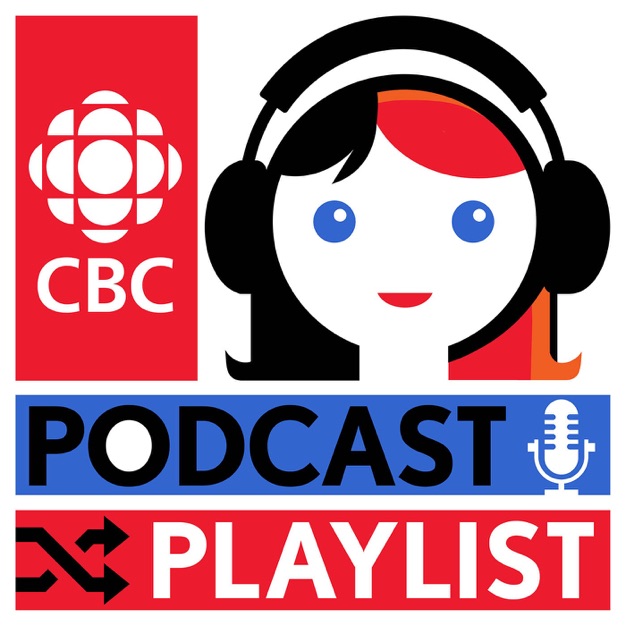 Podcast Playlist from CBC Radio
Podcast Playlist from CBC Radio
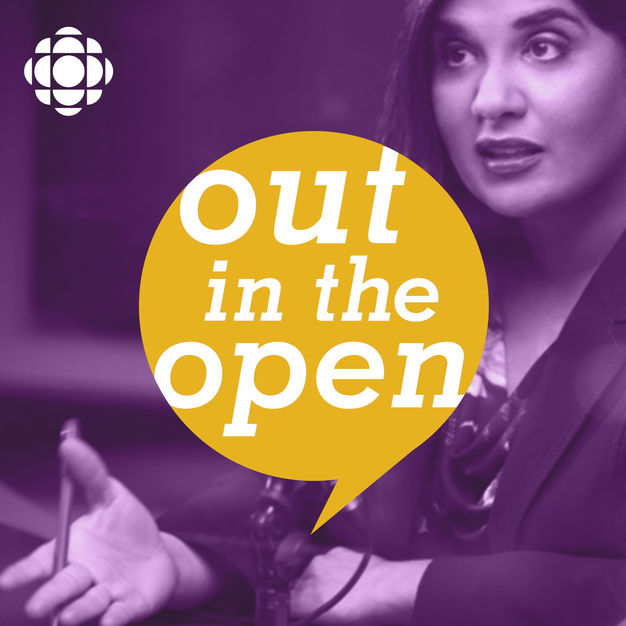 Out In The Open
Out In The Open
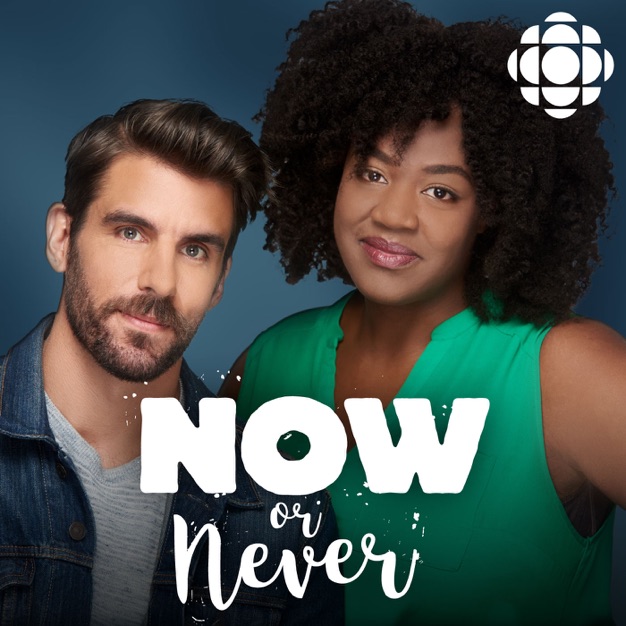 Now or Never
Now or Never
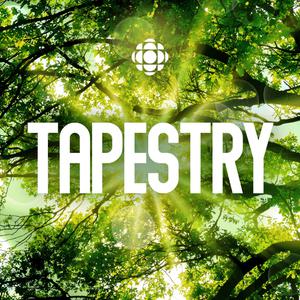 Tapestry from CBC Radio
Tapestry from CBC Radio
 Canada Reads
Canada Reads
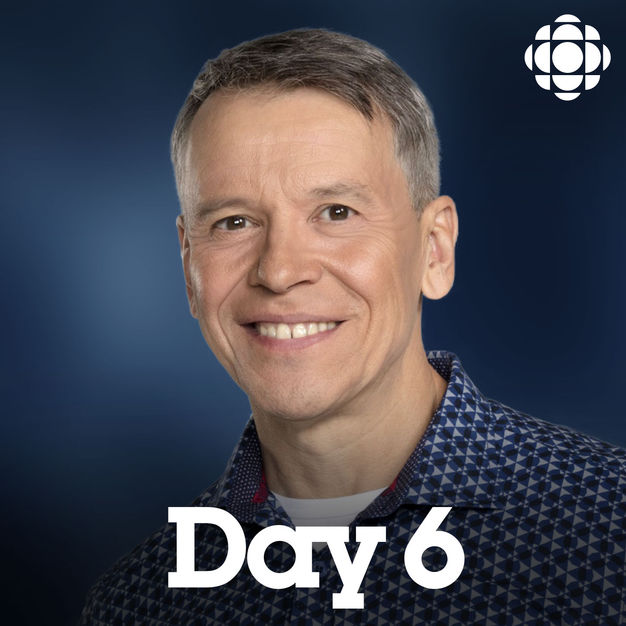 Day 6 from CBC Radio
Day 6 from CBC Radio